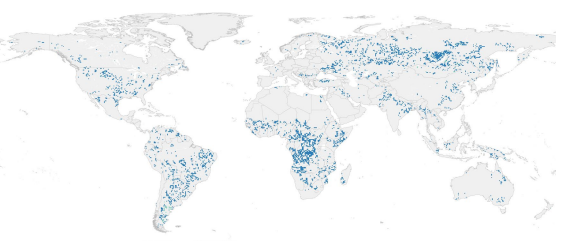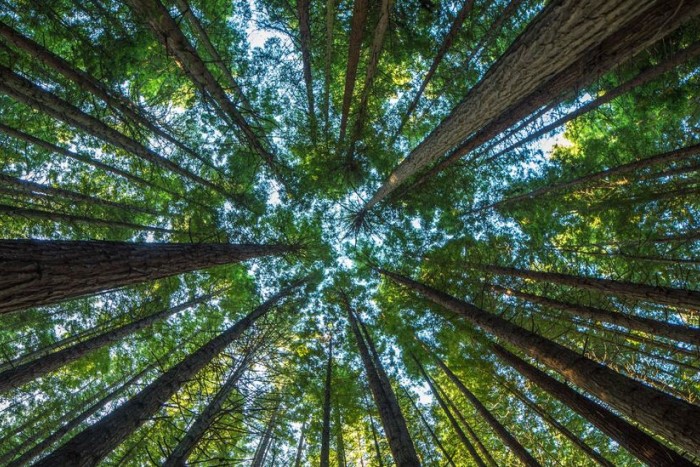Bioenergy ain't sustainable?
Who'd have thought it hey? In this article, we'll review "Global bioenergy with carbon capture and storage potential is largely constrained by sustainable irrigation", a paper by Ai et al. which critically analyses Bioenergy with carbon capture and storage (BECCS).
Summary
Meet BECCS (Bioenergy with carbon capture and storage), the bioenergy process which removes carbon from the atmosphere:
.png)
Seems pretty epic right? Well... hold your horses. According to this paper by Ai et al. it's got a serious limitation: water.
Generally speaking, Large-scale deployment of BECCS has been considered very promising, and some have even argued we need a median BECCS deployment of around 3.3 GtCyr-1 in 2100 which would require more land for bioenergy crop plantations. The problem with this is that it would require a lot of water.
Although irrigation is one avenue to supply this water, the global total irrigation water consumption would double or even triple if we used it freely/unconstrained. That's simply not sustainable. It's essential to consider the prevention of water stress and the withdrawal of non-renewable water resources.

Through their paper, this research team reveals how sustainable water management could be used on bioenergy crop plantations. Simulations for the period 2080-2099 were conducted with the global hydrological model H08, which specifies the source of water globally. They manage to identify the irrigable bioenergy cropland on the basis of the water resources reserves, and highlight that using sustainable irrigation (SI) would only enhance BECCS potential by 5-6% (0.88 and 2.09 GtCyr-1 in PP and PC) above the no irrigation/rain-fed (0.82–1.99 GtCyr-1) potential by the end of the century, much less than the numbers for unconstrained irrigation (1.32 and 3.42 GtCyr-1).

As a result, they show how the final global BECCS potential is limited significantly if we seek sustainable irrigation. This highlights how important it is to put constraints down.
Want to get involved?
Contact us at peter@bluetechbase.com
Share this:
Tweet



